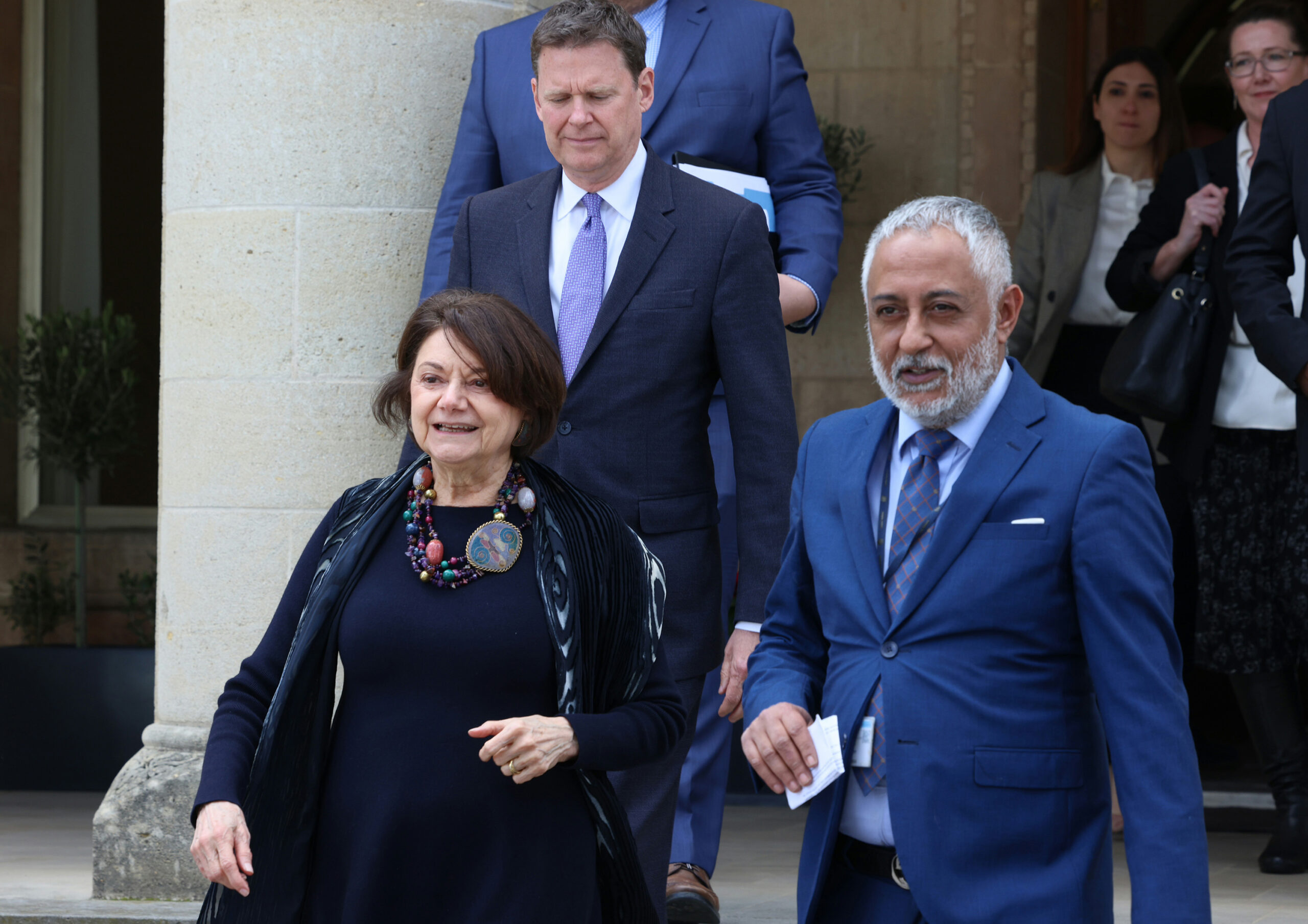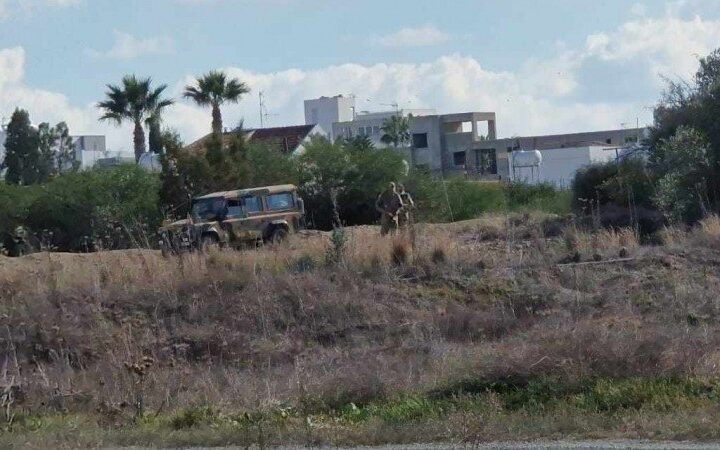A senior UN diplomat arrived on the island this week to bolster morale and offer words of support from the secretary general.
On her first visit to Cyprus, UN Under-Secretary-General Rosemary DiCarlo made all the right noises about moving forward and encouraging interaction.
She conveyed the UN’s backing for communication through technical committees because decades of division haven’t facilitated people-to-people contact.
Di Carlo discussed at length the Cyprus issue with both Cypriot leaders. They told the official why there had been no progress on peace talks for six years.
Being an experienced diplomat, Di Carlo was very careful with her words, encouraging the sides to find a way forward.
And she said that in this endeavour, UN boss Antonio Guterres offered his full support and commitment to resolving the Cyprus issue.
But it doesn’t take an expert to realise that no smoking gun has moved the dial to enable a defrosting of positions to achieve tangible progress.
Activity around the national issue has been buried in mothballs as both sides seem content to play bluff and see who blinks first.
Many believe that nothing will happen on the international front until the May elections in Turkey are over, and even then, any significant shift is unlikely.
President Nikos Christodoulides knows he must be seen to be doing something proactive in Cyprus talks after his recent election victory.
He has sounded more energetic than his predecessor, but that may be playing to the gallery to win credits in his bid to get Europe involved.
Although the UN has been designated to unlock the impasse in ending division, it has grown tired and weary of being defeated at every turn.
At least the UN used to have a Cyprus envoy; now, the sides can’t even agree on something that had been a given.
Mindset
The peacekeeping body hopes that if it shows the patience of a saint and throws a few words of encouragement, the mindset might change.
You may also have noticed that the UN has tried to soften the stark landscape that Cyprus has entrapped itself without sounding optimistic that a quick resumption is pending.
Sending a veteran diplomatic soundboard to hear what the politicians and civil society have to say is about as good as it gets at the UN.
Nicosia is keeping its options open; Christodoulides made a high-profile trip to Greece in the week to ensure everyone is on the same song sheet.
Cyprus and Greece pledged to coordinate closer than ever, but that’s no surprise and par for the course when a new Cypriot president takes office.
Greece is a necessary ally in Christodoulides’ renewed strategy to get the EU more directly involved in finding a peace dividend.
Whether Europe has the stomach or the tenacity to wade through Cyprus problem booby traps and dead ends is an open-ended question.
And even if Brussels is prepared to grasp the nettle, Turkey is unlikely to acquiesce in such a power play.
There are no incentives to persuade Turkey from its current obstinate position; where is the pressure to make it switch tactics?
Moreover, nothing has shifted on the ground to warrant any optimism about momentum to resume negotiations that will be results-based.
Cypriots are Cyprus problem weary; there is fatigue, not hope in the air.
Who or what can change this is the big unknown.
It certainly won’t be rectified by the odd diplomat listening to the static or Cyprus waving the flag in Brussels.
Christodoulides hopes to find a game changer beginning with his visit to Paris to get Macron onside in his European odyssey.
Unfortunately, there are so many missing pieces to the Cyprus chessboard that the end game is as elusive as ever.










